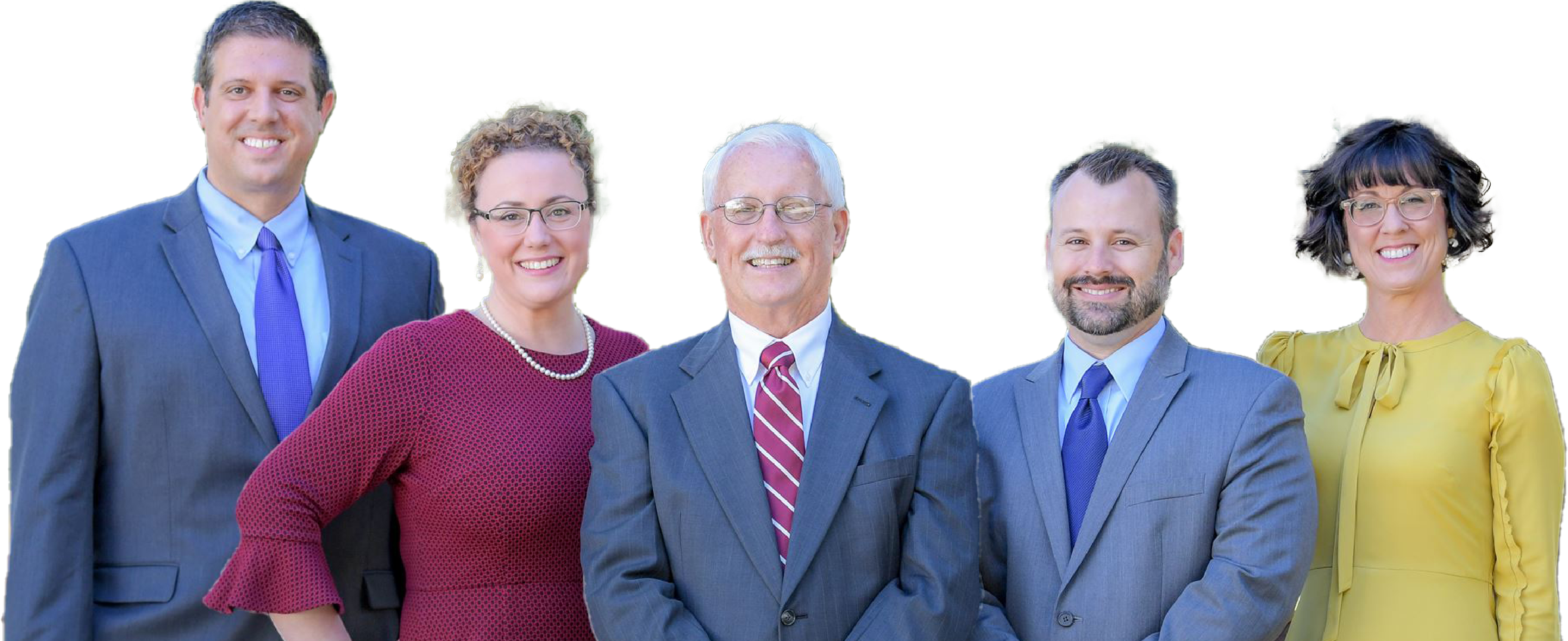We hear it all of the time: “My page is set to private” or “I don’t see what the big deal is about posting on Facebook.” The reality is, when you have a personal injury claim, everything that you do is heavily scrutinized by insurance adjusters and defense attorneys with one goal – limiting the amount of money paid out on your claim. Keep in mind, the defense isn’t going to use your photos or posts that highlight how you’ve been struggling since the accident. They will attempt to selectively utilize the photos or posts that make it seem like you’ve been feeling fantastic since the accident. Heck, they may even try to make it seem like your life is better off because of the accident.
An example might help to make this more real:
- A car accident just totaled your car. It wasn’t your fault and your body hurts all over. You go straight to social media and tell the world about how upset you are about the accident. You loved that car. It is going to cost you a lot of money to replace it. The comments start pouring in with people hoping that you are okay. You provide a response we have seen numerous times, downplaying your injuries, “I’m fine, I’m just angry about my car.” You decline medical treatment because you expect that your injuries will go away. Unfortunately, as the days go on your symptoms get worse. You finally go to the doctor ten days after the accident when you realize you are not getting better.
- You have tried to do everything the only way you know how: not complaining about your injuries, not running up medical bills, not rushing into a claim against the defendant. The defendant’s insurance adjuster should send you a thank you card. Don’t get me wrong, what you have done is commendable. Unfortunately, your commendable actions can and will be used against you.
We negotiate personal injury claims on a daily basis. We hear the same arguments over and over from insurance adjusters and defense attorneys in these situations – “She must not have been that hurt.” “He didn’t even go to the hospital by ambulance.” “She didn’t get treatment for ten days.”
With social media, these arguments become much stronger because now the injured person himself is on record minimizing his own injuries. “He said he was fine after the accident on _______ (insert social media site here).” “He posted pictures of himself smiling while holding his child a week after this accident. There is no way he injured his shoulder in this accident. In fact, he probably hurt his shoulder while lifting his child.”
As silly as it may seem, these arguments, when presented to a jury that does not know you, may be very persuasive.
If possible, try to avoid social media altogether following an accident. If that is too much to ask, try to avoid posts about the accident, your injuries, and photographs of yourself. And it’s not just your posts. Posts of your friends and family may also be used against you. The best advice is to request that people close to you also refrain from posting about your accident and injuries.
Social media accounts with public settings are readily accessible to those searching for information to use against you. Even when your accounts are set to private, some courts are granting access to defense attorneys.
Social media can be a great tool for interacting with others. It can also be a great tool for the defense. Avoiding social media traps is critical to ensuring that you obtain the recovery you are entitled to under the law. Contact the personal injury lawyers at Grall Law Group for a free consultation.

 772-569-0000
772-569-0000
 Email Us Now
Email Us Now


